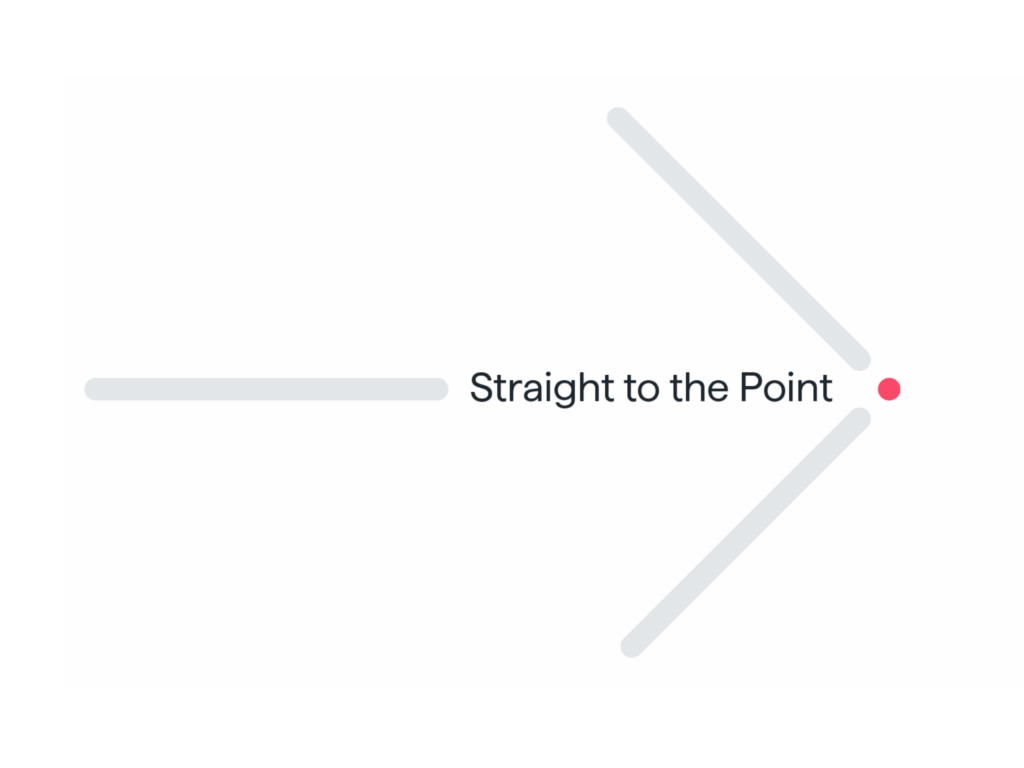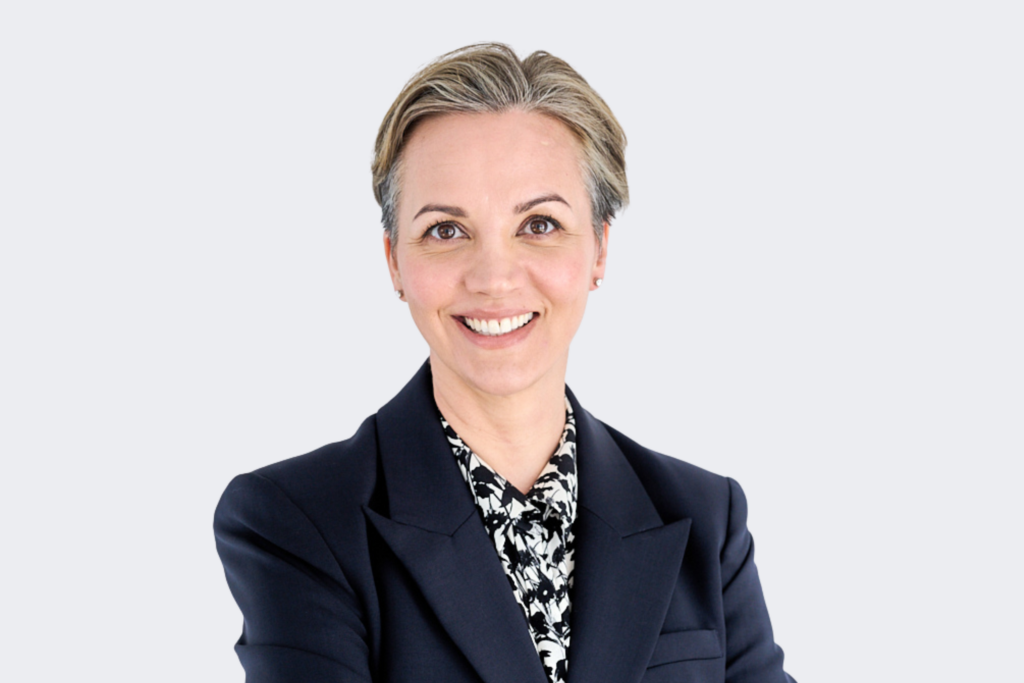Interview with Cun Yu (Jack) Wang from Asset Management One Alternative Investments

Carne’s Dai Kazamatsuri talks to Jack Wang from Asset Management One Alternative Investments (AMAOI) about the trend of Japanese asset managers setting up funds in Europe and delves into AMOAI’s own experience and expertise in launching and running infrastructure debt funds.
Can you tell me a little bit about Asset Management One Alternative Investments and your role within the company?
Thanks Dai. AMOAI is an asset manager specialising in alternative investments and my role as Fund Manager is in managing their infrastructure debt products. We currently manage two large funds, launched in 2016 and in 2018 that have a combined AUM of €700 million and we are launching a third fund before year end. All three funds are focused on raising funds for infrastructure debt investments.
As you know our second fund launched in 2018 and is domiciled in Luxembourg. Carne is the Management Company and is also the AIFM and domiciliary agent. We have already mandated Carne for our third fund as the Management Company, AIFM and domiciliary agent.
Do you see the trend of more Japanese managers setting up funds overseas continuing? If so, what is the main driver behind this?
Yes I do, and especially on the alternatives side. Setting up funds overseas works better than using Japanese vehicles, especially to fulfil Japanese investor requirements of being structured as a trust or similar. Japanese vehicles aren’t really suitable to use for illiquid assets and going outside of Japan for an investor base with a Japanese fund doesn’t really work. When everything is considered it simply makes more sense to set up a fund overseas.
The main driver behind the trend of Japanese investors looking overseas is that interest rates in Japan have been very low for several years now. Redemptions from Government bonds invested in 10 or 20 years ago are maturing and many investors are now rethinking how they want to allocate their assets. This is resulting in a growing popularity for alternatives and overseas alternatives as Japanese investors look further afield in search of better returns.
AMOAI has been offering an investment strategy of infrastructure debt since 2016. What is the appetite of Japanese investors for this type of asset class?
There is very strong demand for infrastructure debt. There are two reasons for this. The first is that Japanese investors like investing in real assets. They believe that real assets give a better risk adjusted return whilst also generating stable income. The second reason is that Japanese investors need something to replace their fixed income strategy and real assets are a good fit in that regard. Japanese investors also like investing in debt, and infrastructure debt offers almost the same risk as a bond offers. Japanese investors want a regular distribution and infrastructure debt funds can provide a stable income year after year. In addition, infrastructure debt has traditionally had very low default rates providing Japanese investors with an increased feeling of security.
Why are investors willing to invest in alternatives when they offer reduced liquidity?
Japanese investors have very limited options. They get their redemption from Government bonds and if they re-invest, they currently get a return in the region of 0.1%. The trade-off is reduced liquidity but investors are willing to give up some liquidity for the higher returns that alternatives offer.
Insurance companies have long term liabilities so infrastructure debt also works well in terms of a duration match. A lot of pension funds have long term, stable liabilities and with returns on offer through Government bonds at close to zero, more public sector pension funds are moving to alternatives. Investing in real assets such as infrastructure can also have the benefit of supporting ESG strategies.
Why do Japanese investors use Luxembourg as a domicile for an investment vehicle that invests in infrastructure debt assets?
Traditionally, Japanese investors would have chosen Cayman as a fund jurisdiction, but Cayman is outside the OECD and from a debt perspective a lot of Borrowers and agents are not accepting lenders from outside of the OECD. Domiciling our fund in Luxembourg meets the requirement of the lender being in an OECD country and can also be beneficial from a tax perspective. In terms of fund governance, there are certain roles an AIFM must perform and this layer of protection is viewed as added security. The risk analysis that must be carried out also provides a level of comfort to investors as does the independent valuation being carried out by the AIFM.
What is AMOAI’s and large investors’ long-term view about the Japanese financial market?
I don’t see interest rates going up in the short-term. The Bank of Japan has just announced maintaining the current quantitative easing and as a result I can’t see the traditional bond market picking up any time soon.
This is not good news for Japanese institutional investors. Just this week a large life insurance company decided to lower their committed yield to pension funds from 1.25% to 0.25%. The ongoing very low interest rates make it very challenging for big pension funds to meet their liabilities. I believe that with the decrease in committed yield starting in 2021, we will see many pension funds looking to reallocate their assets in 2021.
Could you explain AMOAI’s ESG related policy in infrastructure debt investment?
Infrastructure has traditionally been very complementary to ESG whilst contributing to investor yield. At AMOAI ESG plays an important role in the projects we invest in. We use Equator Principles as a negative screening tool to ensure all environmental and social risks are considered and appropriately mitigated and then we do a positive impact assessment based on the UN SDGs. We look at the goals of the project to try to understand and quantify how it will positively contribute to the community. For example, for a renewable power project such as offshore wind, we will try to quantify the impact in terms of a reduction in carbon footprint.
What has been the impact of COVID- 19 on infrastructure debt investment and on investment in illiquid assets more generally?
Fortunately for us none of the projects in our portfolio were significantly impacted by COVID- 19. All projects continue to perform and are still generating stable income. I think the reason for this is that the strategy worked. We focus on contracted assets with no merchant risk and no market risk so it is more on the conservative side.
COVID- 19 did have an impact on Infrastructure as a whole. The risk materialised in different ways, for example in terms of logistics there were delays in parts being shipped having the knock-on effect of causing further delays in construction projects. COVID also resulted in a general decrease in overall demand. For example, if a power plant didn’t have a power purchase agreement then there was merchant risk and power prices dropped significantly compared to pre-COVID levels. Projects were impacted by lower demand, and therefore lower cash flows. Airport projects which relied on income from flights were also seriously impacted because of the dramatic reduction in people flying as a result of the pandemic.
Do you have any final thoughts you would like to share with our readers?
Carne has shown a real commitment to the Japanese market with your appointment of Dai. We deal mainly with Japanese investors and knowing that there is a local person based in Japan brings real comfort to investors. Having a presence in Japan is also very beneficial for Japanese asset managers exploring the opportunity of setting up funds in Europe.
You can learn more about Asset Management One Alternative Investments here am-one.co.jp/amoai/english/








